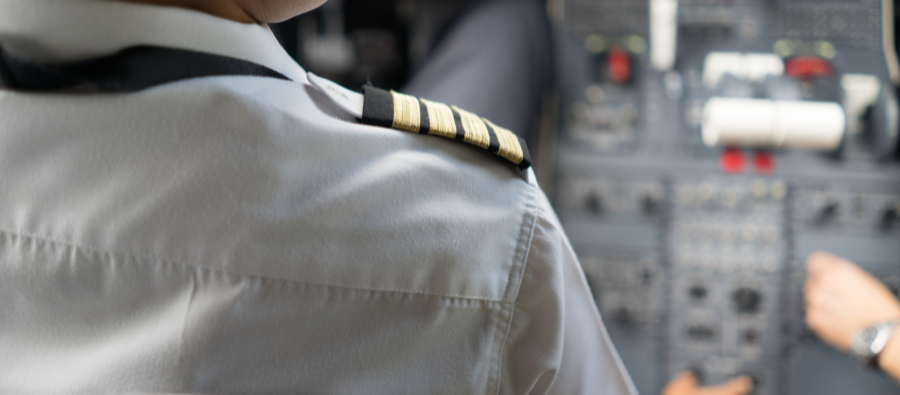
If you spend enough time in the aviation industry in nearly any capacity, from being a pilot, mechanic, or flight attendant, to running an airline, management company, flight department or airport, contact with the FAA is nearly inevitable. Most of these interactions are routine, however, on occasion, members of the industry may find themselves, their employees, or their company under investigation by the FAA.
While most FAA investigations are closed with informal action, should the FAA inspector determine that an issue of non-compliance cannot be addressed with informal action, the inspector can issue a warning letter or refer the violation to the FAA’s legal division for further action. The FAA legal team can either request suspension or revocation of an airman’s, airline’s, or other aviation organization’s certificates, or levy a civil penalty.
When dealing with FAA personnel, the most important thing to remember is to be polite and truthful. FAA inspectors are experienced industry professionals just like the rest of us, and they have a job to do. However, it is still important to remember that much like speaking with police officers, statements you make to the FAA can subsequently be used against you. Except under limited circumstances, FAA personnel are required to issue airmen under investigation a “Pilot’s Bill of Rights” notification. This written notification informs airmen of the rights they have with respect to speaking with FAA investigative personnel, including the right to not speak with the inspector. When an individual or entity is under investigation, they will be typically be issued a Letter of Investigation (“LOI”) from the FAA, although sometimes inspectors will begin an investigation by informally gathering information prior to issuing a LOI.
Airmen and aviation personnel should remember that they always have the option to remain silent when dealing with FAA inspectors. Once an individual or company realizes that they are under investigation, it is usually a good practice to seek the advice of an aviation attorney familiar with FAA enforcement actions. This attorney will advise the individual how to best proceed and may suggest that the attorney handle all communications with the FAA inspectors. An aviation attorney can leverage their experience to determine the best course of action for replying to the FAA.
Airmen and aviation organizations should also remember that they have numerous options to obtain a degree of immunity for certain violations through the FAA’s various voluntary disclosure programs. All airmen have the ability to file an Aviation Safety Reporting Program (ASRP) with NASA following any potential violation or other safety issue. Airmen may file a limitless number of reports, and reports that are filed within 10 days of the initial violation may serve to prevent an airman from having to serve a suspension period for their certificate. Similarly, airline personnel may have access to the Aviation Safety Action Program (ASAP) reporting program, while qualified aviation entitles have access to the Voluntary Disclosure Reporting Program (VDRP) both of which can provide immunity for certain violations. A conversation with an aviation attorney can reveal whether one of these programs may be useful following a violation.
In conclusion, aviation industry personnel should consider a phone call to an experienced aviation attorney following a notification from the FAA that they may be under investigation.
The information in this article is intended to highlight potential issues with aircraft ownership and operations and is therefore general in nature. Please feel free to contact one of our experienced aviation attorneys directly to discuss your specific business/personal needs.



Comments are closed